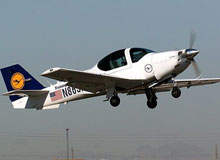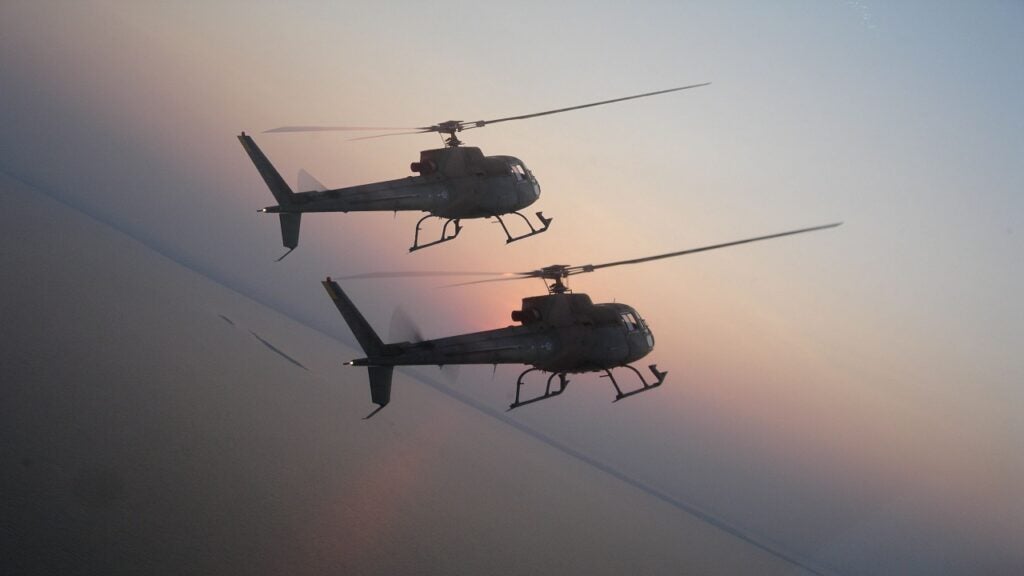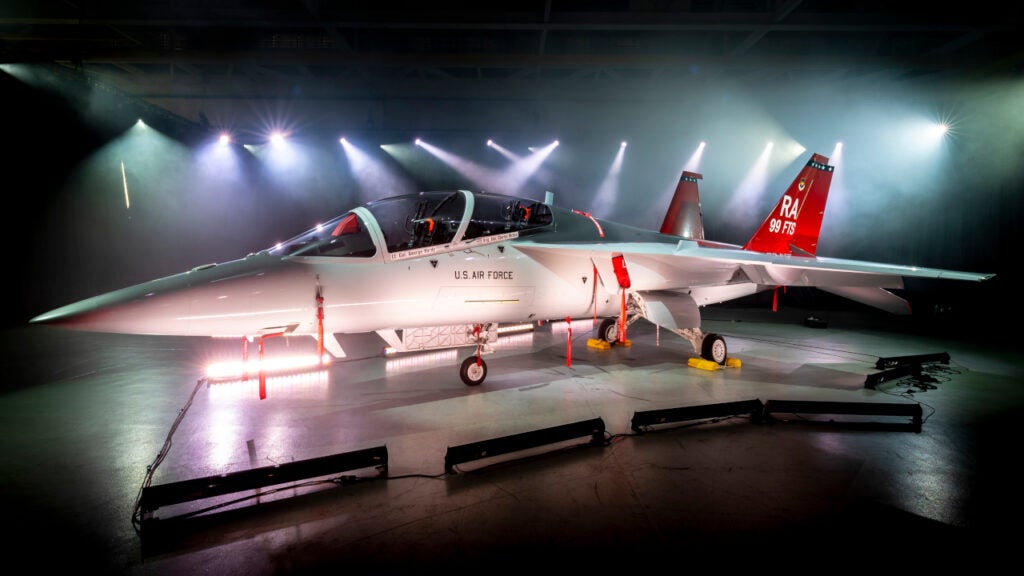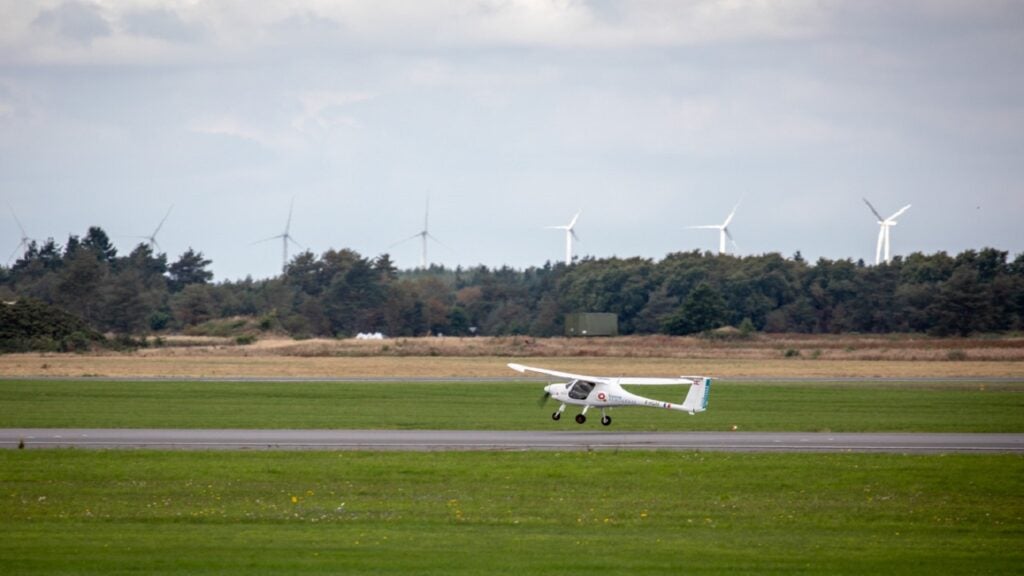
The G120A is a single engine basic trainer and aerobatic aircraft designed and developed by Grob Aircraft of Germany. It was derived from its predecessor G115TA aircraft. The G120A took off for maiden flight in 1999 and was put into service in 2001.
The aircraft received Federal Aviation Administration (FAA) and European Aviation Safety Agency (EASA) certifications in September 2001 for its +6/-4 g manoeuvring.
G120A training aircraft orders and deliveries
In January 2001, Lufthansa Flight Training (LFT) ordered three G120A aircraft plus four optional. The G120As were utilised by the LFT’s subsidiary Airline Training Centre Arizona (ATCA) to train the pilots of German Armed Forces.
Allied Wing procured 11 G120A aircraft, of which nine were supplied to the Canada Wings Aviation Training Centre to accomplish primary flight training (PFT) for Canadian Armed Forces.
Design
The G120A is of semi-monocoque design. It was designed to execute pilot screening, instrument flying, navigation and mission tailored tasks even in worst climatic conditions. The robust retractable landing gear design facilitates the aircraft to take-off and land on unprepared airstrips or short runways.
Designed to perform both military and civilian pilot training, the G120A carries out visual flight rule (VFR) training during day or night. It can execute instrument flight rule (IFR) training in non-icy conditions.
The aircraft renders ideal training platform for the full range of conventional high-performance aerobatic manoeuvres, encompassing spins, inverted spins, loops, rolls, stall turns, outside turns and retrieval from any attitude.
Features
The G120A features a robust and corrosion resistant airframe made up of carbon fibre composite materials. The lifespan of the airframe is expected to be 15,000 hours. The aircraft is equipped with push rods, flaps, ailerons, empennage and nose wheel steering. A digital video recorder and cameras are installed in the aircraft to evaluate the pilot’s performance.
Cockpit
The G120A boasts of a spacious cockpit equipped with two Martin Baker 15B ejection seats adjacent to each other for accommodating a pilot and a student. The seats can be conformed using rudder pedals and squab cushions. The 1.62m-long and 1.95m-wide cockpit allows the aircraft to easily accommodate the flight crew.
The cockpit is equipped with switches, controls and a second throttle to offer easy access to the student pilot from either of the seats. It is incorporated with electronic flight instrumentation system (EFIS) displays to carry out IFR training.
The panoramic glass canopy renders all round clear visibility to the flight crew as well as enhances safety during aerobatic training. An air conditioning system installed in the aircraft maintains constant temperature when operating under extreme temperature conditions.
Avionics
The avionics suite installed in the G120A includes Garmin 430 global positioning system (GPS), electronic horizontal situational indicator (EHSI), electronic attitude director indicator (EADI), transponder, emergency locator transmitter (ELT).
It also houses automatic direction finder (ADF), instrument landing system (ILS), distance measuring equipment (DME), G-meter and electronic engine data management (EDM).
Engines
The G120A is powered by a single AEIO 540-D4D5 six cylinder, horizontally opposed air cooled engine which produces 194kW of output power. Designed and built by Textron Lycoming Engines of US, the AEIO 540-D4D5 is driven by a three-bladed constant speed Hartzell propeller made up of aluminium.
The engine is equipped with a starter, spark plug, fuel injector, fuel pump, hydraulic pump drive and vacuum pump drive.
Performance
The G120A can climb at the rate of 6.5m/s. The maximum and cruise speeds of the aircraft are 435km/h and 318km/h respectively. The stall speed is 103km/h. The range is 1,352km and the service ceiling is 5,486m.
The take-off and landing distances are 707m and 562m respectively. The aircraft can remain in air for a maximum of 6.35 hours.




